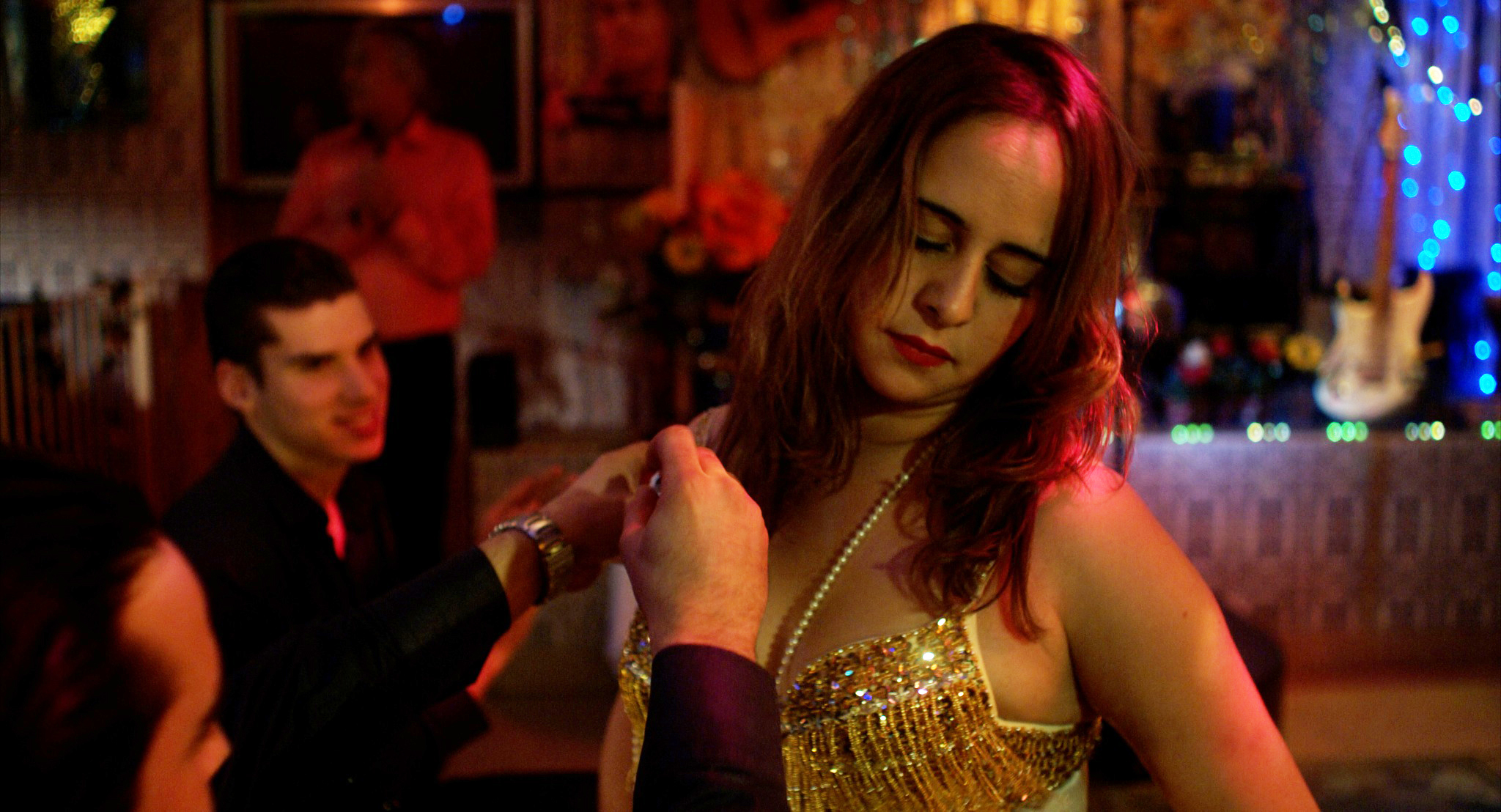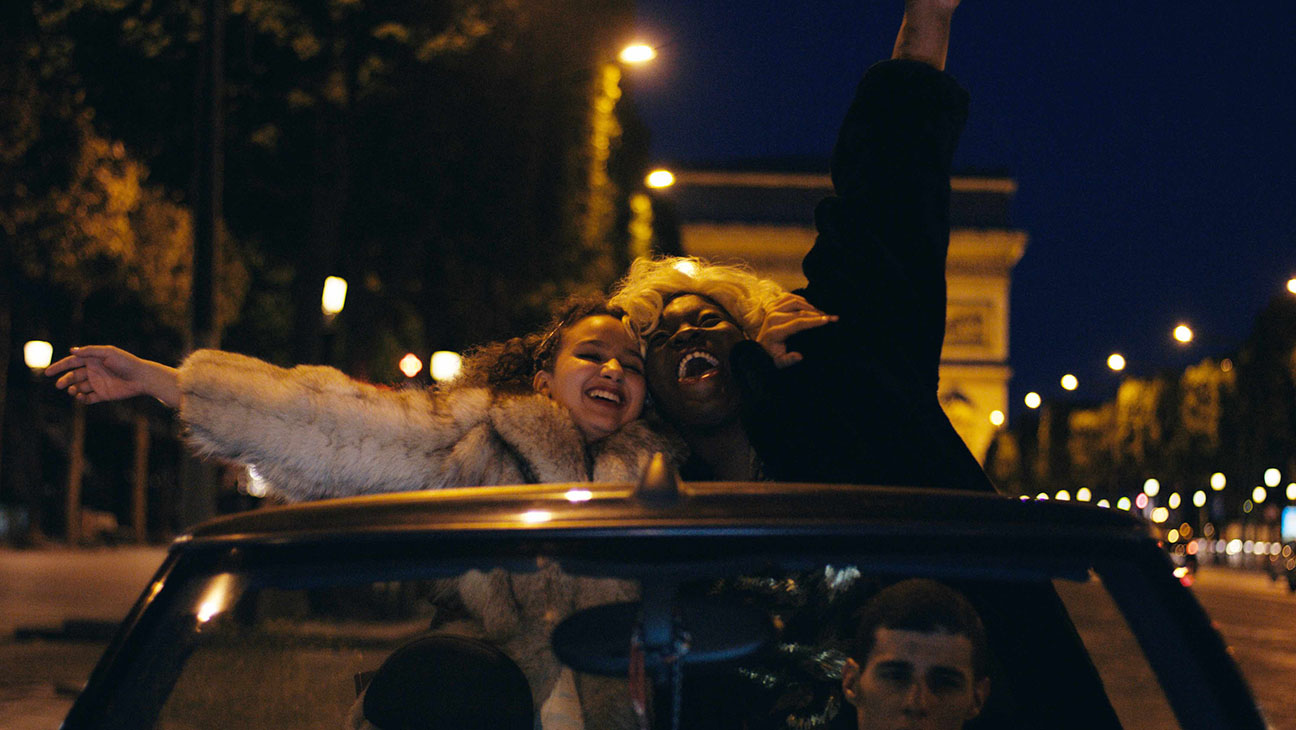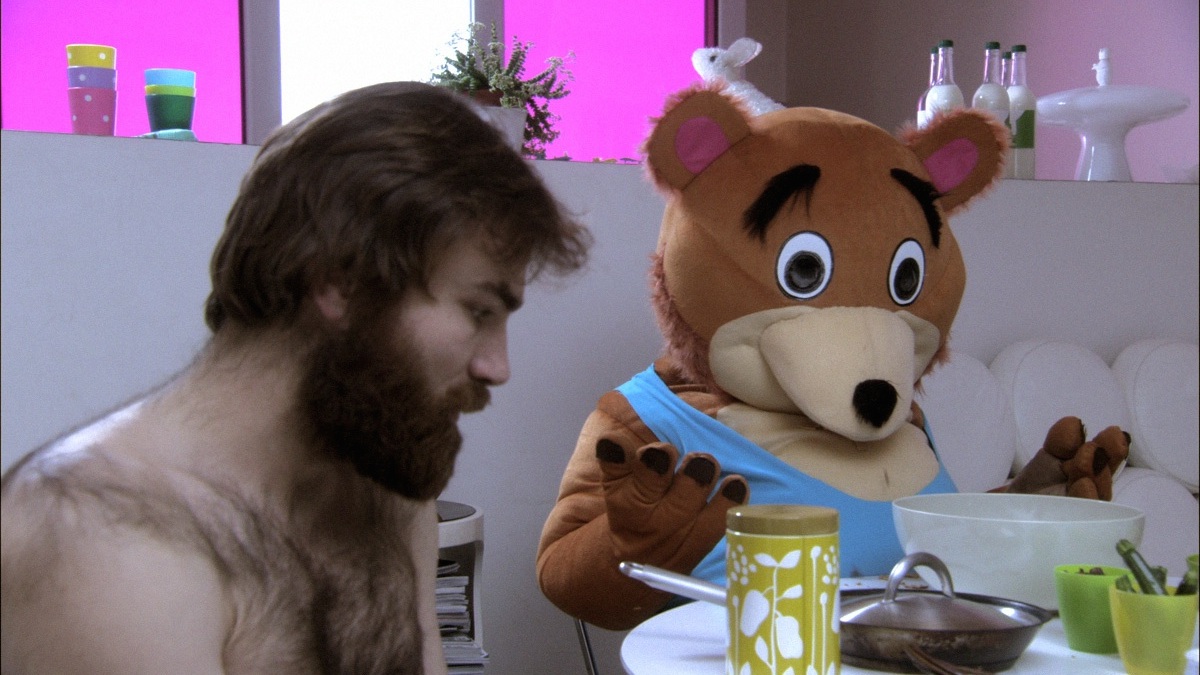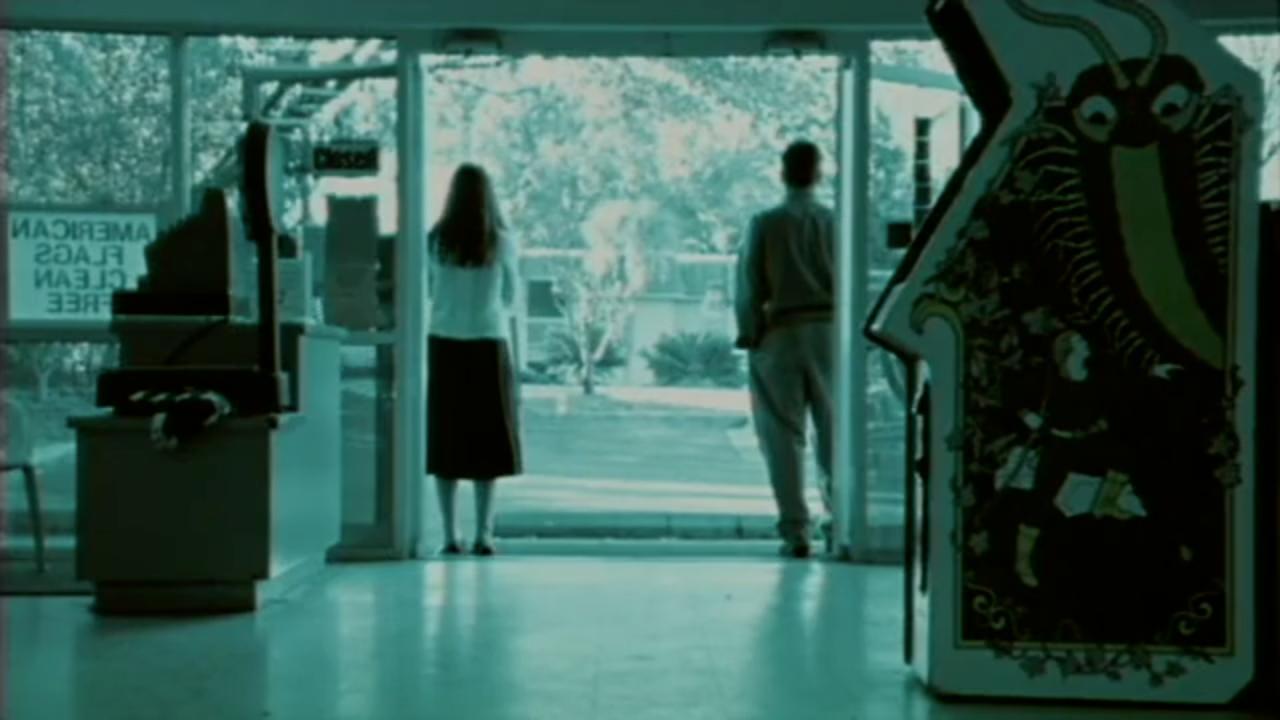Movies, as we all know, are too long.
In the past, I’ve tended to roll my eyes at this allegation, chalking it up to the short-attention spans of the philistines who’d rather rewatch an episode of The Office yet again than encounter something new and daring, something incisive and in love with the image, something that has the unmitigated gall to last more than 45 minutes.
Sorry, Lav Diaz, we got shit to do today!
The “film vs. TV” debate rages on in some quarters, even as the lines between media blur more and more. On one level, it’s an inane discussion, a think-piece industry predicated on categorical absolutes that fall apart on the most cursory of examinations.
But in my experience, there’s at least some amount of empirical truth to it: I have friends that fall asleep during every film, yet somehow have time and energy to binge-watch an entire, 6-season series twice. What a world.
Enter the short film.

Usually defined as lasting less than 50 minutes and constituting a self-contained whole, the short film complicates things in a necessary way, challenging our easy categorical notions. Like the short story, its analog in the world of literature, the short film can prove just as emotionally or intellectually resonant as a “feature-length work,” and can even gain accumulate power through its concision. On the flip side, like the short story, it can also fall prey to charges of pretentiousness and a forced structure. A friend blames the tediousness of the modern American short story on a willful echoing of formal piety (and also Hemingway): vagueness, allusion, probably a revelation at the end that throws everything in doubt but leaves enough room for ambiguity. In other words, a preciousness.
With all due respect to my friend, there are too many exceptions to this to count, or therefore to even count as exceptions. Flannery O’Connor springs to mind. And a young Thomas Pynchon, who in later years never met a paragraph he thought couldn’t be elaborated on, put together some exceptional short work.
Pynchon’s example is worth considering in this context. Short films also have traditionally provided an entrance point for budding filmmakers working through ideas that would later be re-constructed as features. (To take one recent example, Houda Benyamina’s Divines, which I raved about here, had its clear genesis in her earlier short The Road To Paradise.) It’s a logical move: the short film can be seen, within the industry, as a test flight, engineered to generate finishing funds for a larger treatment, and for the artist it can be a proving ground, working out the nuances and ideas that will be developed in later work.

There’s nothing wrong with that, but it also short-changes the shorts themselves. At their best, short films aren’t somehow half-finished versions, awaiting their complementary middle section, but operate on an entirely different structural logic. This also allows for both formal innovation and offbeat visions, snapshots of worlds that rarely make it to the feature-length screen.
Consider Maman(s), Maïmouna Doucouré’s brief portrait of a Nigerian family at a crossroads. Or Barry Jenkins’ My Josephine, gorgeously shot by his collaborator James Laxton a full 13 years before their celebrated Moonlight, which gives a glimpse of the immigrant experience in post-9/11 New York. Or Benoît Forgeard’s Respect, about the tumultuous relationship between a cereal mascot and his frustrated lover who has decided to attend ninja school. Or Un Grand Silence, Julie Gourdain’s haunting depiction of pregnant teens shuffled away to seclusion by bourgeois parents as the Parisian insurrection of 1968 plays in the background.

None of these films would desire, or need, an additional hour or three. They show up, make their points, and leave the stage, while we, as viewers, wonder after them.
Can they ever overtake the ubiquity of predictable pratfalls, idiot plots, and that particular variety of soothing comfort familiar shows provide? Probably not. But they remain out there, waiting, and they’re more available than ever. The recently concluded My French Film Festival featured many; Le Cinema Club offers a new short every week; CutPrintFilm has an essential rundown of Vimeo’s best offerings every week.
There’s a world of stuff to explore, and most of it takes less time than making a cup of coffee. Who knows? Maybe you’ll discover the next great thing.

